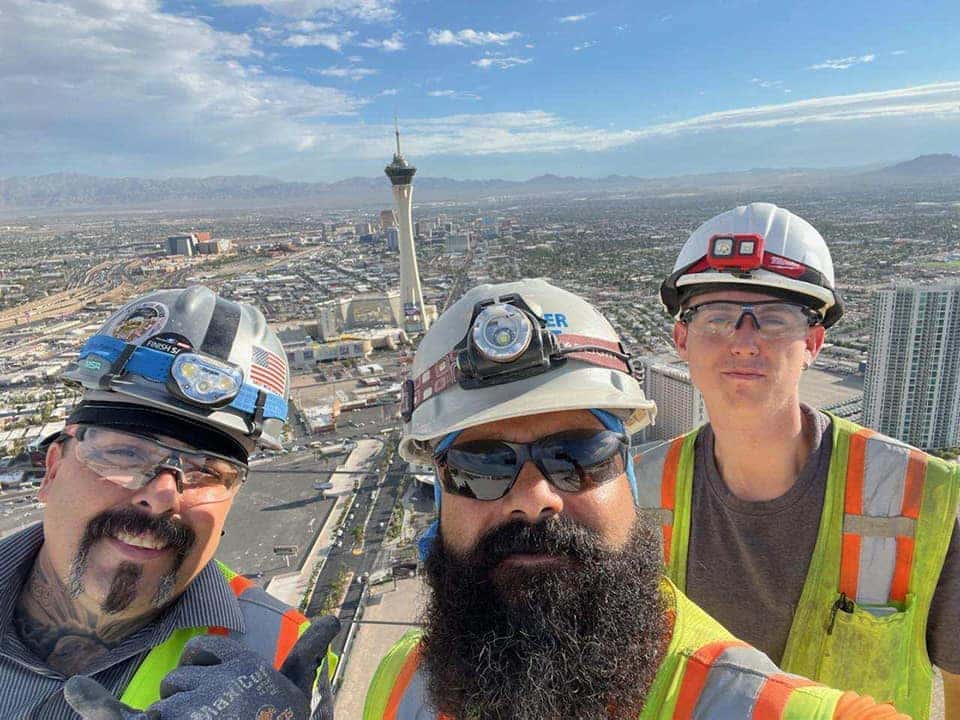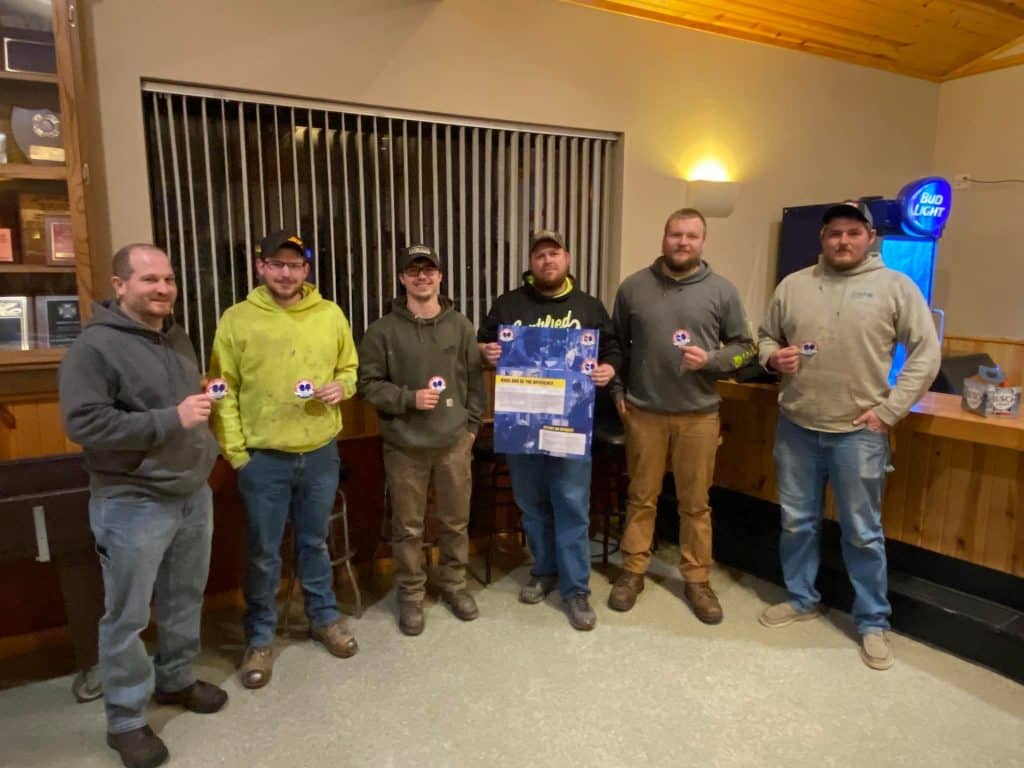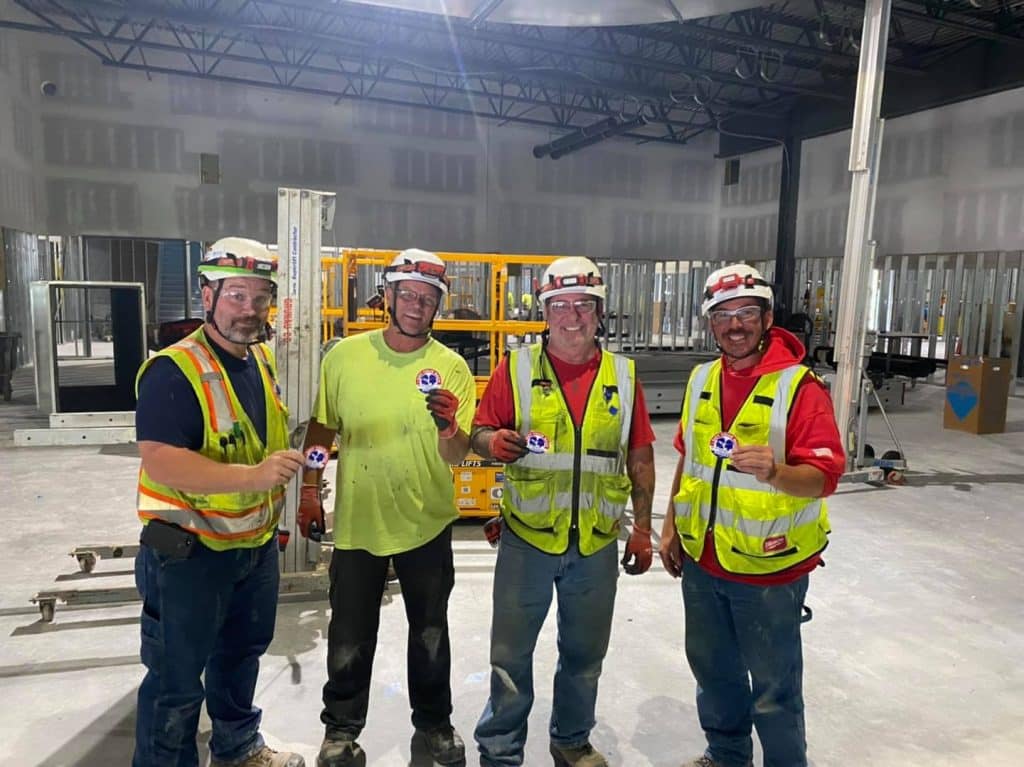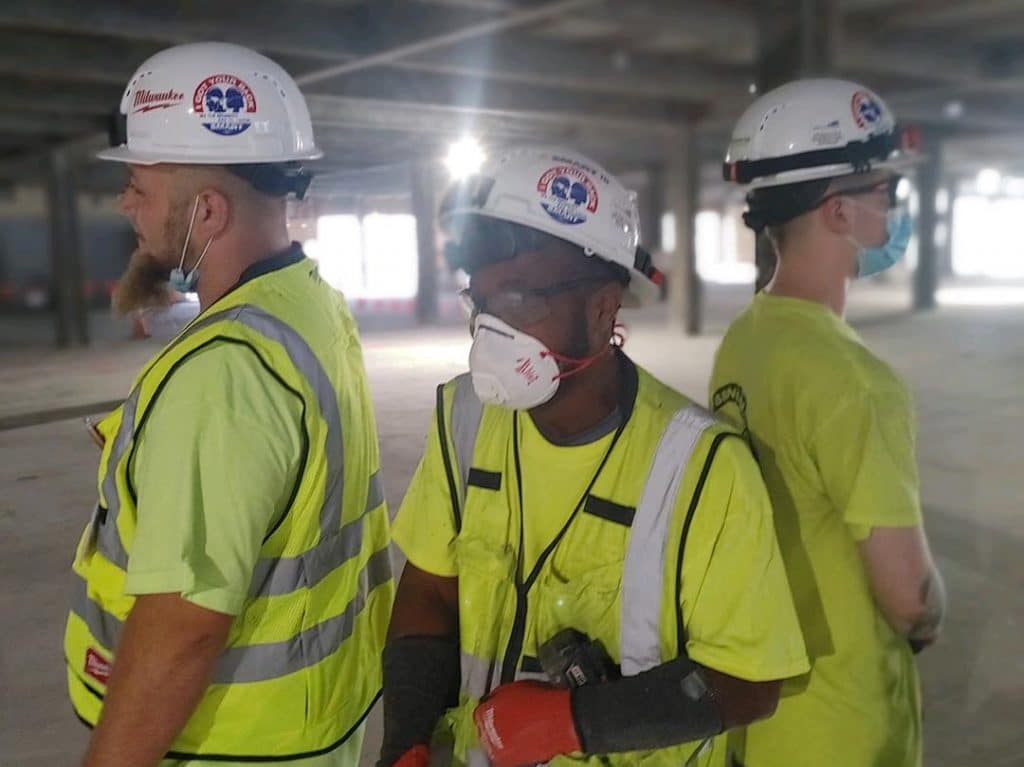At the jobsite, senior members of the crew often tell us how important it is to speak up if we see an unsafe act. We all want to return home in the same condition we arrived. But when we fail to look out for one another while performing our work, incidents happen, and these can have lasting and devastating effects.
The same goes for workplace behavior. SMART wants our members to speak up for themselves and others when they are uncomfortable or witness others who are in the compromising position of being bullied or harassed. As with safety, it is crucial to create a culture that encourages members to say something when they observe harassment or bullying. We all deserve to return home from work unharmed — physically, mentally and socially.
In fact, discrimination and harassment on construction sites can endanger the physical safety of members on the job. Due to the dangerous nature of our work, you need to be able to trust that the member next to you will keep you safe. If your coworker is harassing you, it is hard to trust that they will ensure your safety.
As members of SMART, we have the moral duty to ensure the safety and well-being of our fellow members and to encourage each other and build morale while on the job. The concept of a workplace free of harassment and discrimination should be owned by each member at every worksite. Intervention is an effective tool to curb and hopefully eliminate harassment and bullying in the workplace.
With all this in mind, SMART announced the expansion of the I Got Your Back Campaign — “Speak Up, Speak Out” in May. We seek to create and reinforce a culture where members Speak Up, Speak Out when they see something wrong. Therefore, we ask every member to do the following:
1. If you witness a fellow member being bullied, harassed, discriminated against or mistreated on the job, please Speak Up, Speak Out.
2. If you are being bullied, harassed, discriminated against or mistreated on the job, please Speak Up, Speak Out if you are comfortable doing so, or ask a trusted ally for help.
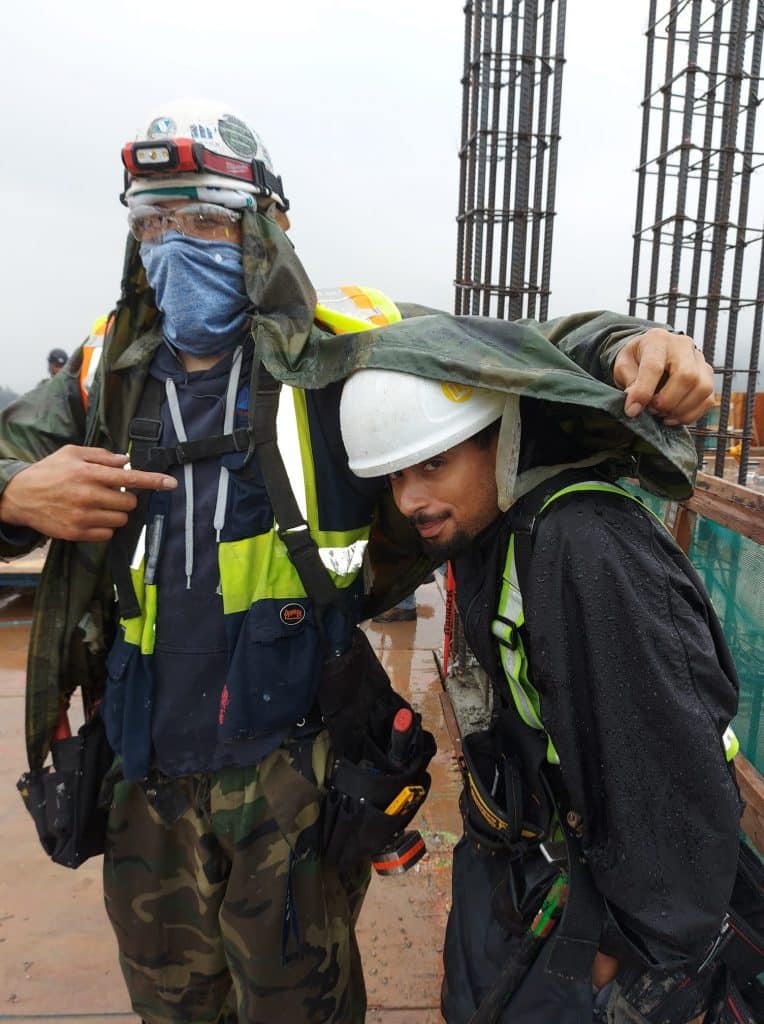
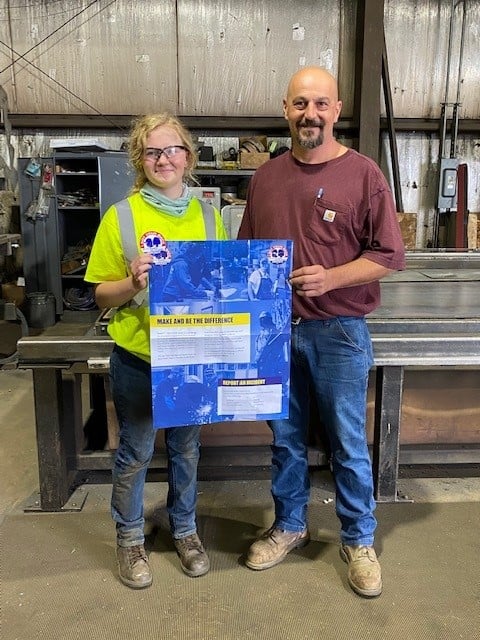
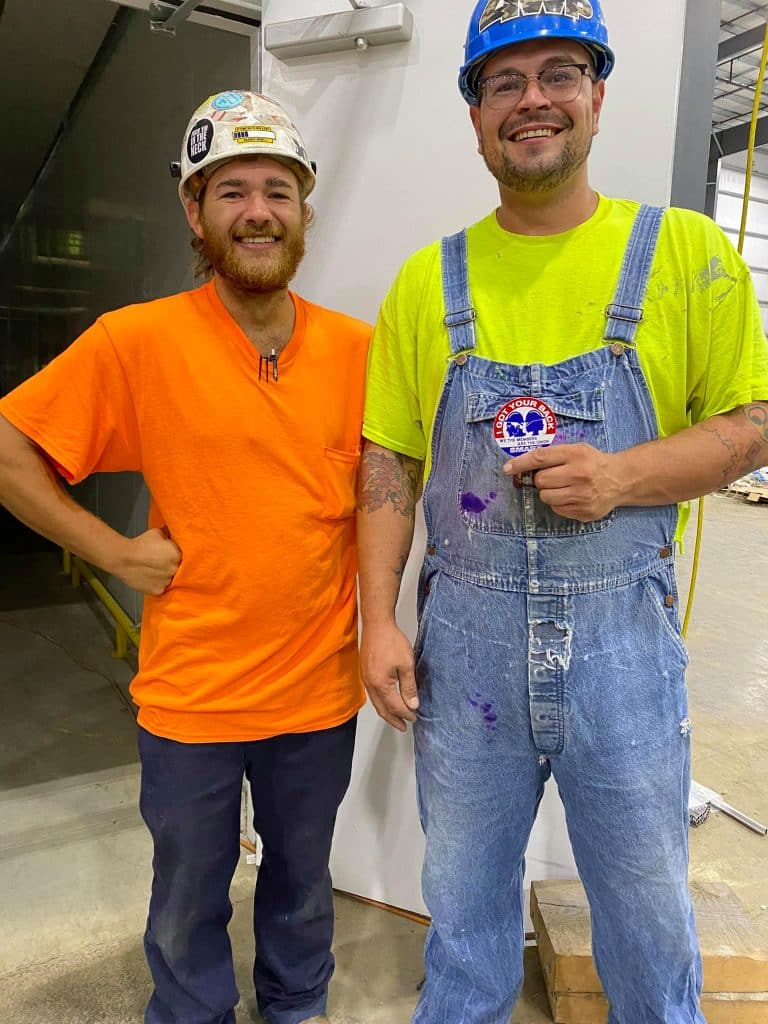
What does it mean to Speak Up, Speak Out? This can take many forms depending on the situation:
- Ask the offender to stop. Here are some examples of things you can say: “This needs to stop right now.” “This is wrong, and you need to stop.” “This is not right. Leave [name] alone.”
- Ask the individual if they are okay and if they would like to report this incident. Emphasize that they did not deserve to be treated this way and that you have their back.
- Approach other bystanders and encourage them to Speak Up, Speak Out. Every voice matters, and there is power in numbers.
- If you are not comfortable saying something in the moment, you can report the incident to your union rep or the employer.
In turn, we ask all of our union officials to commit to the following:
- Ensure each of our members receives the best quality union representation when they are facing harassment, bullying, discrimination or mistreatment on the job.
- Ensure there is no retaliation for speaking up and reporting an issue. Communicate repeatedly with your members that retaliation is not tolerated, ask members to report retaliation if it occurs, and take swift and decisive action if a member is retaliated against for speaking up.
This campaign expansion is designed to encourage our members to intervene when bullying or harassment occurs on the jobsite with the same sense of urgency as if a fellow member were facing unsafe work conditions. We believe the expansion of the I Got Your Back Campaign will help ensure this practice becomes universal throughout our union.
